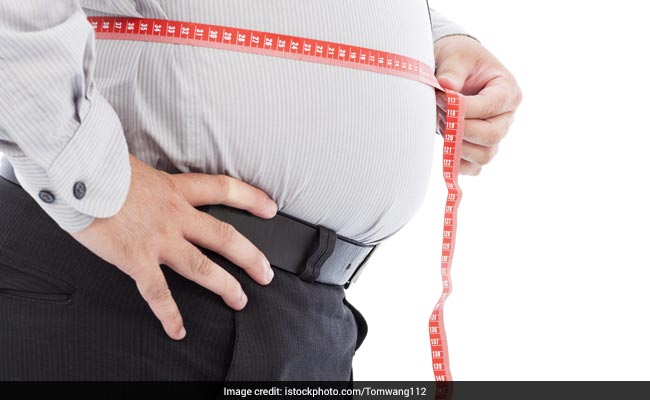Understanding the Difference In Between Bloating and Fat: a Crucial Overview for Digestive Health And Wellness
Recognizing the difference in between bloating and excess body fat is crucial for anyone worried with gastrointestinal health. While bloating presents as a short-term and frequently uneasy condition, commonly connected to nutritional routines or digestive disruptions, body fat represents a more irreversible change in one's physique.
Defining Bloating and Fat
Bloating and fat are two distinct physical sensations that can significantly influence a person's comfort and body picture. Bloating refers to the short-lived swelling or distension of the abdominal area, usually gone along with by discomfort or a sensation of volume. This problem may develop from numerous variables, including nutritional selections, digestive problems, or fluid retention. Bloating is usually a temporary event and can fluctuate throughout the day, typically settling with way of living changes or clinical interventions.
On the other hand, body fat is a much more long-term and stable element of human physiology, largely serving as a power get and playing vital roles in hormonal agent regulation and insulation. Body fat is identified right into two types: subcutaneous fat, which lies simply below the skin, and visceral fat, which borders inner body organs. While excess body fat can lead to wellness complications, it is vital for general physical functions.

Sources Of Bloating

Furthermore, food intolerances, such as lactose or gluten intolerance, can result in bloating when the body has a hard time to refine specific substances - fat vs bloating. Consuming as well promptly or eating carbonated beverages can also exacerbate the concern, as these habits present excess air into the digestive system
Way of living aspects, including stress and absence of physical activity, can further contribute to bloating by influencing intestine mobility. Specific clinical problems, such as irritable digestive tract syndrome (IBS) or intestinal obstruction, might also lead to chronic bloating. Recognizing these reasons is necessary for properly handling and minimizing bloating, permitting people to make enlightened nutritional and way of living selections that support their gastrointestinal health and wellness.
Signs And Symptoms of Bloating vs. Fat
Distinguishing in between the signs of bloating and excess fat is important for comprehending one's body and dealing with pain effectively. Bloating generally presents as a sensation of volume or stress in the abdomen, usually accompanied by noticeable distension.
While it might contribute to a sense of heaviness, it usually does not produce the intense discomfort associated with bloating. Rather, excess fat tends to collect progressively, leading to a change in body shape and size over time.

Acknowledging these differences is crucial. While bloating is frequently momentary and linked to nutritional aspects or gastrointestinal problems, excess fat shows a more persistent problem requiring way of living changes. Understanding these symptoms encourages individuals to look for suitable solutions customized to their specific worries regarding digestive next health and body composition.
Managing Bloating
Efficient administration of bloating requires a multifaceted approach that attends to both dietary selections and way of living habits. Initially, it is important to identify and eliminate details foods that may activate bloating, such as those high in fiber, gluten, lactose, or particular fermentable carbs (FODMAPs) Keeping a food journal can assist identify these triggers and guide changes.
Integrating smaller, extra frequent dishes instead of large ones can additionally minimize bloating, as it alleviates the digestive system process (difference between bloating and fat). Staying well-hydrated is important, as adequate liquid consumption help digestion and assists stop bowel irregularity, which can add to bloating
Additionally, engaging in routine exercise advertises gastrointestinal motility and lowers bloating. Easy exercises, Homepage such as strolling or yoga, can efficiently relieve discomfort. Conscious eating techniques, such as consuming gradually and eating food thoroughly, might even more enhance digestion and restriction air swallowing.
When to Look For Help
Identifying when to look for medical aid for bloating is critical, as persistent or extreme symptoms may indicate a hidden health and wellness issue. If bloating is gone along with by extra worrying signs and symptoms such as substantial abdominal pain, unusual weight loss, anal bleeding, or continuous nausea or vomiting and throwing up, it is necessary to get in touch with a healthcare expert. These indicators might recommend conditions such as irritable bowel disorder, gastrointestinal obstruction, or perhaps more significant concerns like cancer cells.
Moreover, if bloating continues in spite of dietary modifications or non-prescription remedies, it warrants further examination. People with a background of gastrointestinal conditions ought to be especially alert, as their threat for complications may be higher. In addition, if bloating happens adhering to the usage of details foods, it might indicate food intolerances or allergies that necessitate nutritional changes or testing.
Verdict
In summary, comparing bloating and excess body fat is important for gastrointestinal health and overall health. Bloating, a temporary condition typically the original source linked to dietary variables and gastrointestinal problems, contrasts greatly with the steady build-up of body fat. Identifying the signs and underlying reasons for each can assist in appropriate administration approaches. People experiencing consistent or severe symptoms should seek professional advice to attend to possible wellness issues efficiently. Comprehending these differences is vital for notified decision-making relating to health and way of living.